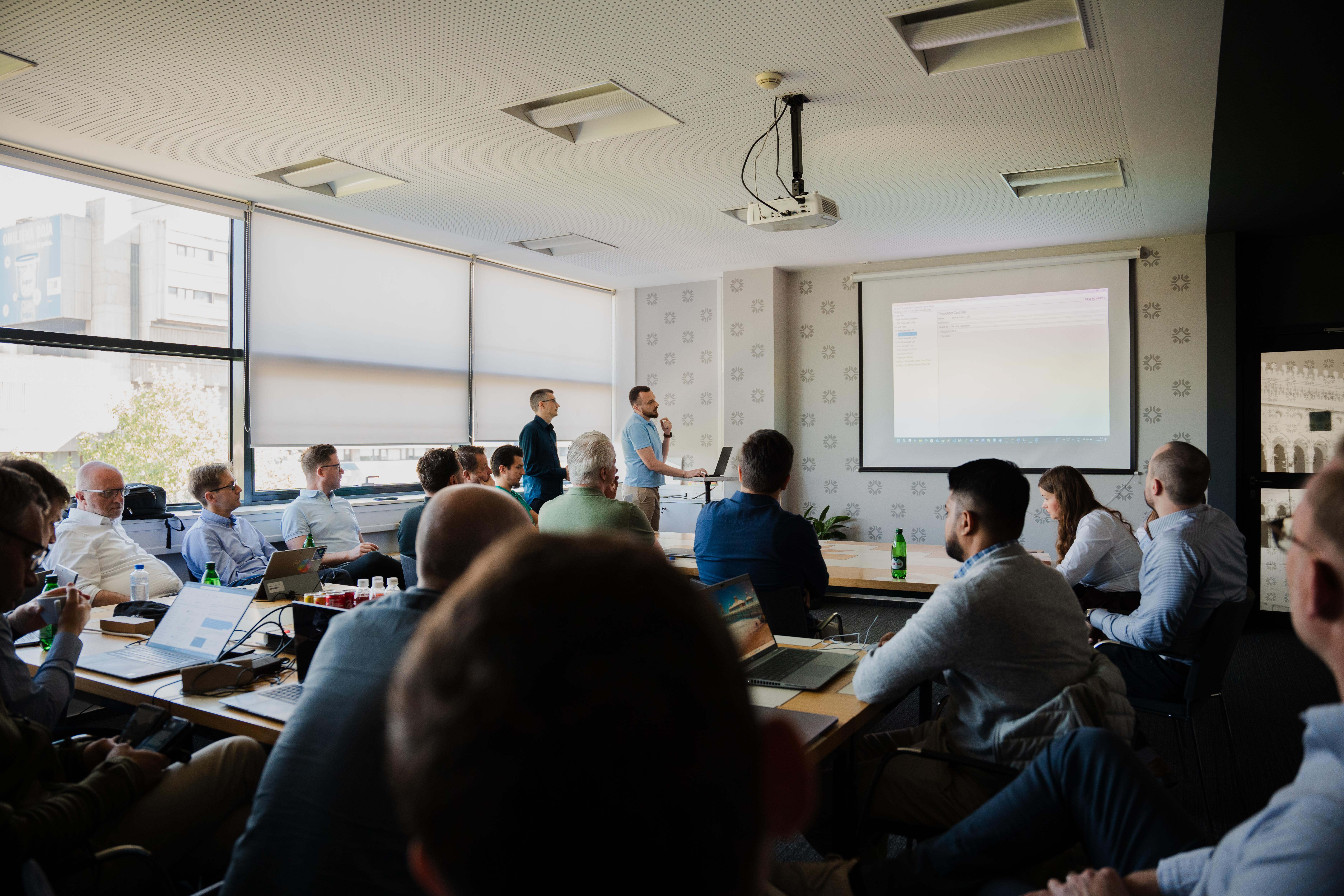
Let's take a journey to demystify some of the most common AI buzzwords and explore their relevance to software QA. I'll also share a bit about how we at System Verification are harnessing these technologies to improve our QA processes.
Machine Learning (ML)
Machine learning is about creating algorithms that enable machines to learn from data and improve their performance over time without explicit programming. In software QA, ML can be a game-changer for test automation, anomaly detection, and predictive analytics. Imagine ML algorithms learning from past test cases to identify patterns, predict potential bugs, and optimize testing strategies.
Deep Learning
Deep learning, a subset of ML, involves training artificial neural networks with multiple layers to learn complex data representations. In QA, deep learning can be used for tasks such as image recognition, natural language processing (NLP), and sentiment analysis. For example, deep learning models can analyze user feedback to identify common issues or sentiments about software performance, helping QA teams prioritize areas for improvement.
Natural Language Processing (NLP)
NLP focuses on enabling computers to understand, interpret, and generate human language. In QA, NLP techniques can be used for analyzing user documentation, parsing bug reports, and generating test cases from natural language requirements. By automating these language-related QA processes, NLP helps teams manage and prioritize their testing efforts efficiently.
Computer Vision
Computer vision allows machines to interpret and understand visual information from the real world. In QA, this technology is useful for UI testing, defect detection in graphical interfaces, and visual regression testing. By automatically identifying visual discrepancies or anomalies in software interfaces, computer vision tools ensure comprehensive evaluation of product usability and consistency.
Reinforcement Learning
Reinforcement learning involves training agents to make sequential decisions by rewarding desired behaviors and penalizing undesired ones. While still emerging in QA, reinforcement learning has the potential for optimizing testing strategies, resource allocation, and bug-triaging processes. By continuously learning from QA outcomes and user feedback, reinforcement learning algorithms can adapt testing methodologies to evolving software requirements.
Large Language Models (LLMs)
Large Language Models (LLMs) like ChatGPT (OpenAI), Gemini (Google), and Llama (Meta) have garnered a lot of attention recently. These models, trained on vast amounts of text data, can generate human-like text, making them incredibly useful for various QA tasks. At System Verification, we are working towards using LLMs to assist in generating test cases, automating customer support interactions, and even providing insights from vast documentation sets. Their ability to understand and generate natural language helps streamline many aspects of QA, from test planning to execution.
In conclusion, while AI buzzwords might seem daunting at first, they offer huge opportunities for innovation and improvement in software QA. By embracing machine learning, deep learning, NLP, computer vision, reinforcement learning, and LLMs, QA professionals can enhance testing processes, detect defects more efficiently, and deliver higher-quality software products to end-users.
Here at System Verification, we're committed to staying at the forefront of these technologies, continuously exploring new AI-driven approaches to ensure the success and competitiveness of our QA initiatives.
Please reach out if you need any assistance or have questions about this area!

-1-1%20copy.jpg)




.jpeg)